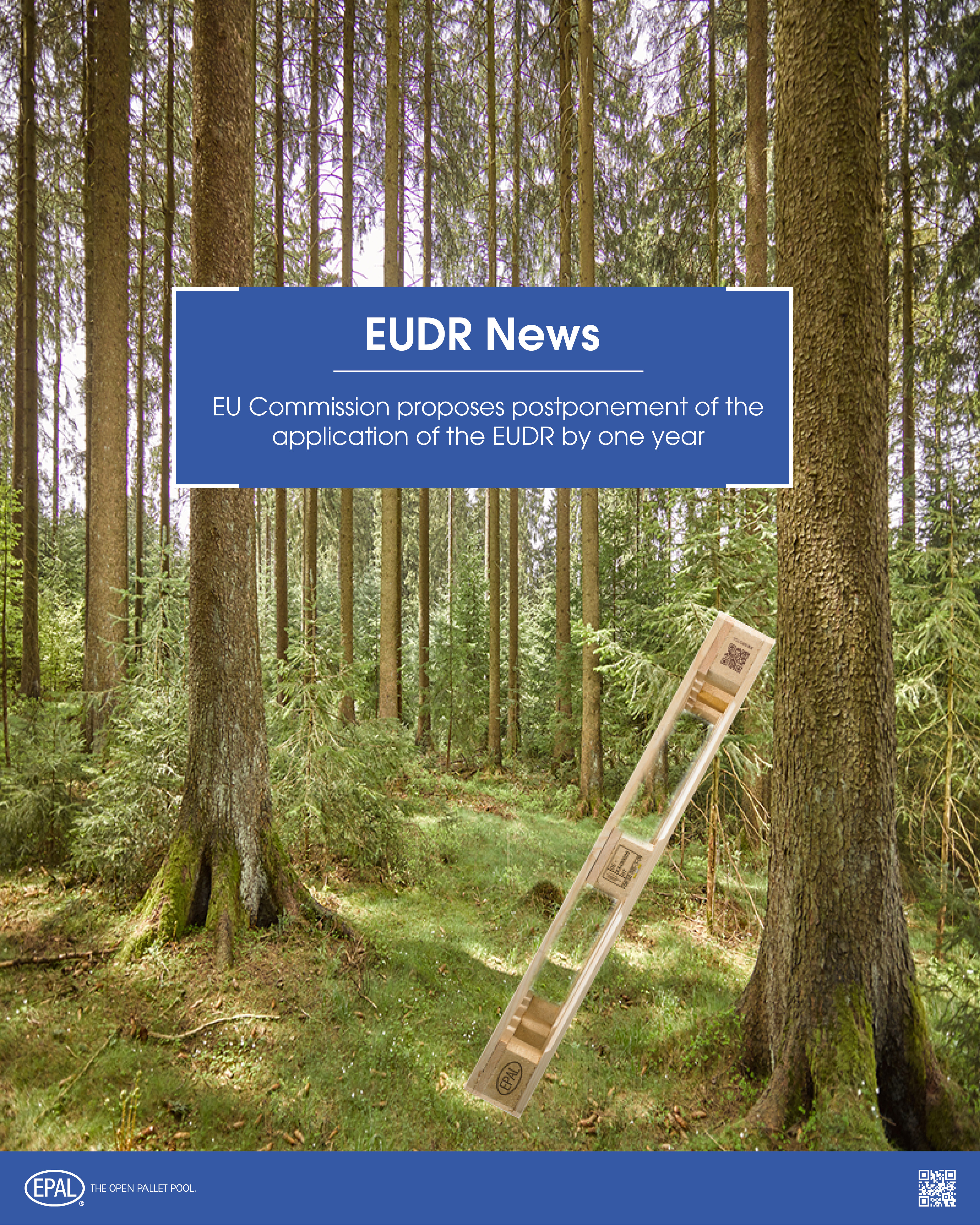EU Commission proposes postponement of the application of the EUDR by one year
On 23-09-2025, the Swedish EU Commissioner for Environment, Water Resilience and a Competitive Circular Economy, Jessika Roswall, proposed to postpone the start of the application of the EU Deforestation Regulation (EUDR) by one year. This would be the second postponement, after the EU bodies had already decided to postpone the application of the EUDR in 2024. According to the current proposal by the EU Commission, the application of the EUDR is now scheduled to begin in December 2026.
The EUDR aims to prevent forests from being cleared to make way for other agricultural products such as soy or palm oil. However, timber is also one of the relevant products to which the EUDR is to be applied. The EUDR came into force on 29 June 2023 and should have been applied from 30 December 2024 after the usual 18-month transition period.
In December 2024, the relevant EU bodies – the Parliament, Commission and Council of Ministers – decided to postpone the application of the EUDR by one year to 30 December 2025. Prior to this, many companies and associations, including EPAL, had called for the postponement of the EUDR's implementation in order to clarify outstanding issues and resolve problems with the IT platform used to submit due diligence declarations.
In fact, the EU Commission was able to resolve some of the issues in 2025 by publishing various documents (FAQs and guidelines) and launching a test platform. In September 2025, EPAL was therefore able to inform users of EPAL pallets that they do not have to fulfil any EUDR obligations of their own and that the EUDR has no impact on the delivery of goods on EPAL pallets or the exchange of used EPAL pallets.
Just a few days after the EPAL statement was published, EU Commissioner Jessika Roswall has now announced the further postponement of the application of the EUDR, citing problems with the IT platform. You can view the statement here:
https://audiovisual.ec.europa.eu/en/media/video/I-277574
The letter from EU Commissioner Jessika Roswall to the Chair of the European Parliament's Environment Committee is attached. The EU Commission's proposal still requires the approval of the EU Council of Ministers and the EU Parliament. Since a majority in both bodies has called for the postponement of the application of the EUDR, approval is relatively certain. It is therefore to be expected that it will be decided shortly that the application of the EUDR will not start until December 2026.
It is currently unclear whether the time gained by postponing the application of the EUDR will also be used to implement substantive changes to the EUDR. However, since 2024, many companies and associations have been calling for the application of the EUDR to be limited to countries where there is an actual risk of deforestation. The introduction of a zero-risk category is intended to avoid placing an additional administrative burden on companies if there is no actual risk of deforestation in the countries of origin, as is the case in most European countries, for example, because logging is regulated by law and compliance with the laws is strictly monitored. EPAL has supported the introduction of such a zero-risk category as part of the EU's current initiative to reduce bureaucracy.
At the same time, however, EPAL strongly supports the objectives associated with the EUDR. The preservation of healthy forests is the basis of life for mankind and also for the timber industry. The concept of sustainability describes the principle practised in the European timber industry for centuries of harvesting no more wood than can grow back at the same time. In fact, growth in European forest areas has been observed in recent years.
Bernd Dörre, CEO of EPAL:
„EPAL welcomes the EU Commission's proposal to postpone the application of the EUDR by one year, as this does not entail any disadvantage for the protection of forests and the climate in relation to the production of EPAL pallets. EPAL pallets are made almost exclusively from wood from Europe, for which there is no risk of deforestation due to national legal regulations. If wood from non-EU countries is used in rare cases, the provisions of the EU Timber Regulation (EUTR) have been in force since 2010, prohibiting the use of wood from illegal harvesting and imposing strict due diligence obligations on users. With the postponement of the application of the EUDR, a risk-based simplification and reduction of bureaucracy can therefore be implemented without compromising the correct objectives of the EUDR. At the same time, EPAL will continue to actively prepare for the start of the application of the EUDR, as it has done up to now.“

